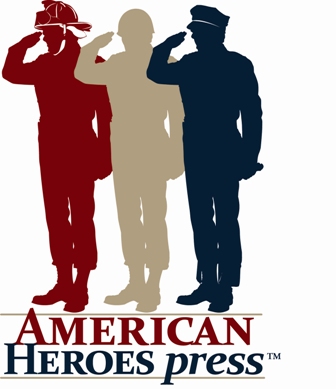(Click on Title for more Information or to Purchase the Book)
Britain and Her Army, 1509-1970: A Military, Political and Social Survey
Beginning with the reign of King Henry V111, Barnett's work explores the history of the British Army as an institution
and fighting force. The volume also examines the influence of war on modern British history as well as specific topics such
as recruitment, logistics, the regimental system, equipment, and the social background of officers and men.
Mr. Kipling's Army.
Farwell provides an amusing look at professional officers and other ranks in the British Army as it was in the days
of Queen, Victoria and Edward VII. Focusing on military life, Farwell's work describes the regimental system, the relationship
between officers and men, and the activities of and attitudes held by both on- and off-duty military men. Filled with charming
personal anecdotes, this volume captures the idiosyncrasies of Britain's pre-World War I army.
Queen Victoria's Little Wars
The conquests of British imperialism produced a series of "small wars" in remote places during the nineteenth century.
From India to Africa,
from China to the Crimea,
the British Army and the army of the Honorable East India Company built and maintained the British Empire, and their exploits from 1837 to 1900 are ably described here.
Flashman: From the Flashman Papers, 1839-1842.
Flashman, Fraser's fictitious creation, is a British officer who loves adventure, beautiful women, strong drink,
and avoiding personal harm. Indeed, he is a well-decorated coward! With considerable historical accuracy, Fraser describes
Flashman's service in the imperial wars of the nineteenth century, in the U.S. Civil War, in the Indian mutiny, with Custer at Little Big Horn,
and in other likely and unlikely battles. Other entertaining novels in this series include Flash for Freedom, Flashman and
the Redskins, Royal Flash, Flashman at the Charge, and Flashman and the Dragon.
Great Mutiny: India 1857
In this excellent narrative history of the Indian uprising of 1857, the author examines the causes and results of
the mutiny and provides lively descriptions of key events and personalities.
The Washing of the Spears: A History of the Rise of the Zulu Nation Under Shaka
and Its Fall in the Zulu War of 1879
Morris describes the Zulu nation from its rise, with the combining of the native clans led by Shaka, to its fall
under the guns of the British Army by 1878. The Zulus produced a formidable military force, and this excellent account studies
all aspects of the Zulus and the defeat they inflicted on the British at Isandhlwana. Brilliantly done is Morris' explanation
of British heroism at Rorke's Drift, where defenders received the most
Victoria Crosses ever awarded for a single engagement.
Boer War.
In this well-written narrative, which covers the Boer War between the Boers of South Africa and the British from
1899 to 1902, Pakenham discusses the causes of the war, the blunders of the British generals, and the political and military
results.
